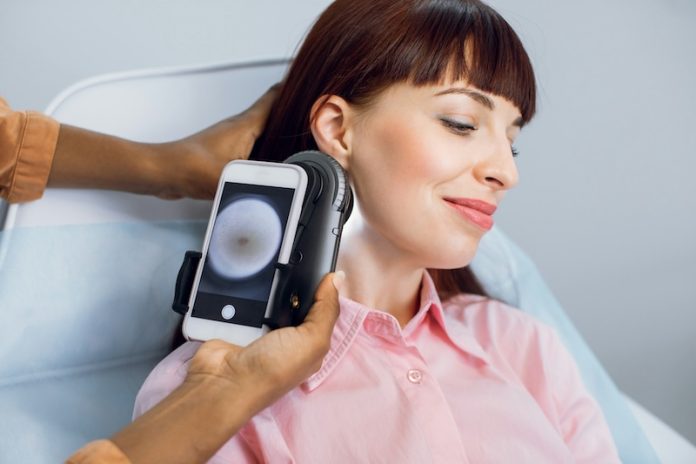
In Australia, high blood pressure is a common health problem. More than one in three adults over the age of 18 live with this condition, which is also known as hypertension.
If it isn’t treated properly, it can lead to serious health issues like strokes and heart disease.
Doctors usually treat high blood pressure with a mix of medications and lifestyle changes. These changes might include eating healthier food, exercising more, and avoiding too much salt or alcohol.
One medication often prescribed in Australia is hydrochlorothiazide. It’s popular because it works well to lower blood pressure. However, a new study by researchers at UNSW Sydney has raised concerns about this drug. The study found that hydrochlorothiazide may increase the risk of skin cancer.
This drug can make your skin more sensitive to the sun. When your skin is more sensitive, sunlight can do more damage than usual, and over time, this damage might lead to skin cancer. Older people are especially at risk because their skin is already more likely to be harmed by the sun.
The UNSW Sydney study looked at data from the Department of Veterans’ Affairs (DVA). The researchers used anonymous medical records of Australians aged 65 and over who had a DVA health card. They studied records from 2004 to 2015 and looked for links between hydrochlorothiazide use and skin cancer.
They found 45 people who had taken the drug and were later diagnosed with lip cancer, and 659 people who developed melanoma, a dangerous type of skin cancer. The researchers compared these people to a much larger group—over 13,000 individuals—who did not have these cancers.
The results showed that people taking hydrochlorothiazide had a higher risk of getting melanoma and squamous cell cancer of the lip. The longer someone used the drug, the greater their risk, especially for lip cancer.
Even though these findings are serious, the researchers warned that people should not stop taking their medication on their own. High blood pressure is a serious illness, and stopping medication suddenly could cause harm. Instead, they recommend that patients talk to their doctor about any concerns.
Doctors can help manage the risks. For example, they can check patients’ skin more often or advise them on how to protect their skin. This might include wearing hats and long sleeves, using sunscreen, and staying out of the sun during the middle of the day when UV rays are strongest.
Because of the study, the warning label on hydrochlorothiazide products has been updated in Australia. Now, doctors and patients will be better informed about the possible link to skin cancer.
This research was led by Dr. Benjamin Daniels and published in the journal Basic & Clinical Pharmacology & Toxicology. It highlights the need to balance treating high blood pressure with watching out for side effects.
There are other studies related to skin health and blood pressure too. Some research suggests that omega-3 supplements may help lower blood pressure, and new studies are also looking into how skin stays strong as we age or how to detect early signs of diabetic skin problems.
The most important message is that people should work closely with their doctors to find the safest and most effective way to stay healthy.
If you care about blood pressure, please read studies about unhealthy habits that could increase high blood pressure risk, and people with severe high blood pressure should reduce coffee intake.
For more information about blood pressure, please see recent studies that early time-restricted eating could help improve blood pressure, and results showing plant-based foods could benefit people with high blood pressure.
Copyright © 2025 Knowridge Science Report. All rights reserved.



